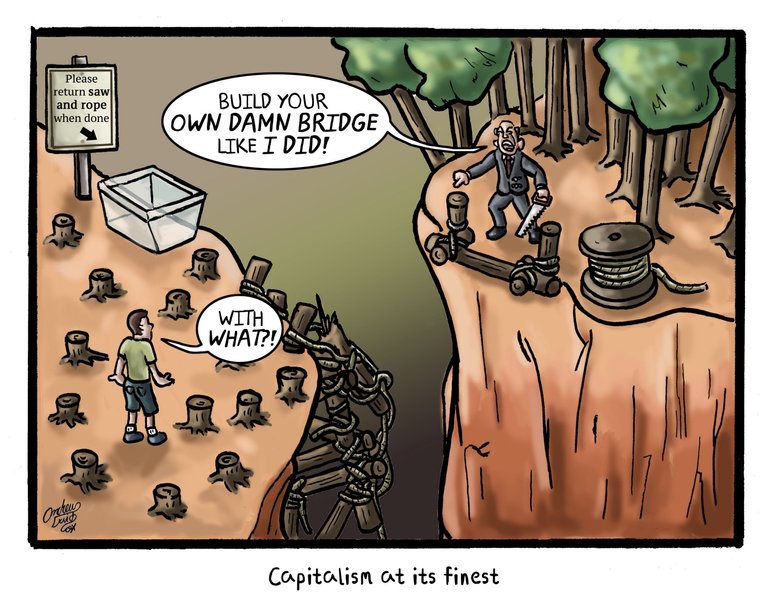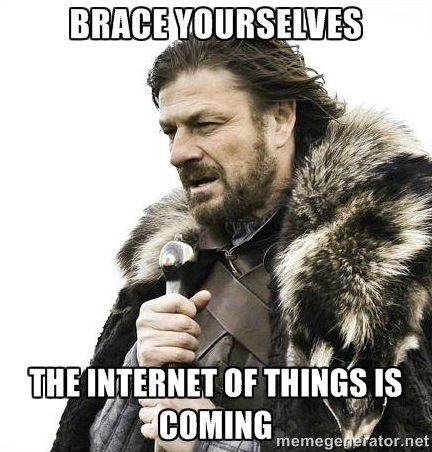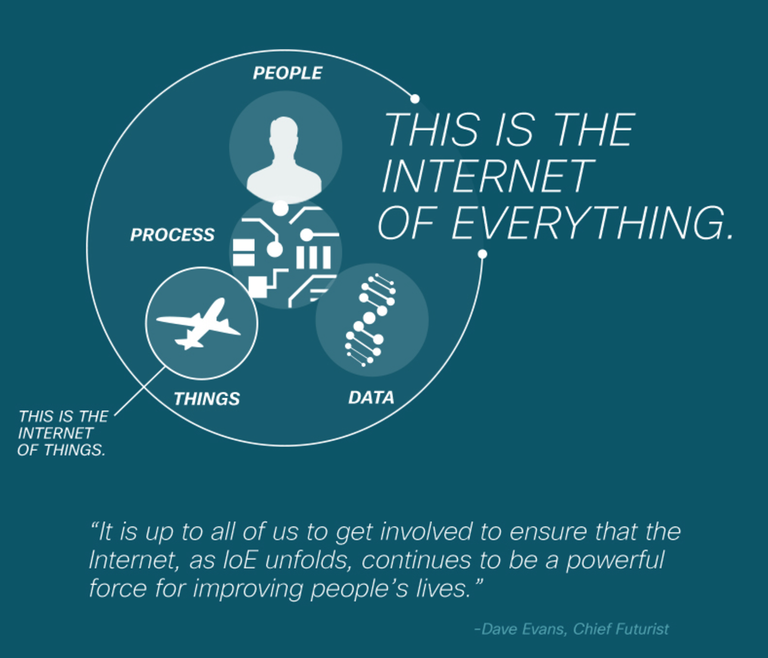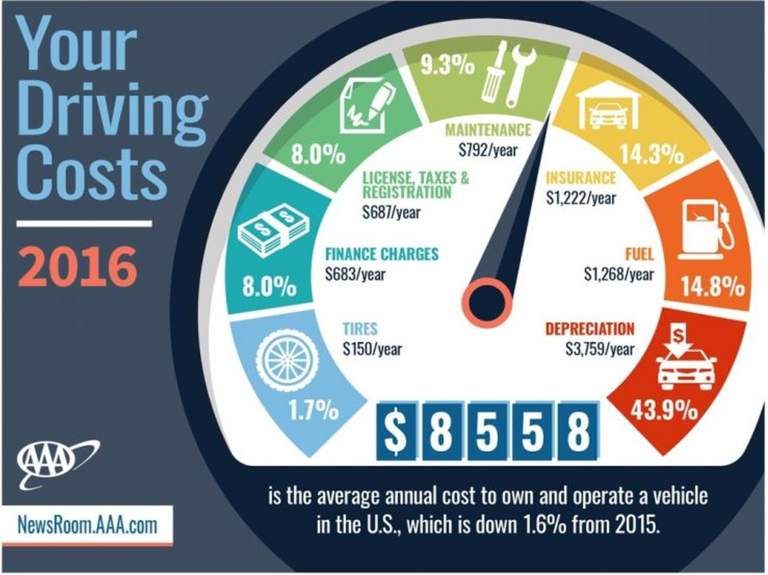It is better to create an economy of abundance for our children than leave a society plagued by scarcity.

Capitalism is based on the idea of creating goods and services which are sold to consumers for a price. Thanks to our devil may care attitude it had a great run over the last century. After all, why complain when the money keeps churning in? But a reminiscence of high school physics exposes a gaping flaw in the wonderland of capitalism and free market economy which half baked economists fail to recognize.
Like all processes in the known universe, economics is servant to the laws of Thermodynamics:
Energy can neither be created nor destroyed: The sum total of energy in the universe is always constant. To be specific, the amount of energy in the universe has remained the same right from the time of the Big Bang and will continue to remain the same till the end of time.
The total entropy of an isolated system always increases over time: In simpler terms, energy disperses from where it is abundant to a place of dearth. For example, the sun, a source of heat powers life on earth where it turns into fossil fuel. Once burnt, it turns into gases and the energy can no longer be used.
How then can we create anything if all energy is lost? Who pays for the lost energy? From an economic standpoint, we always lose energy in converting nature’s resources into things of economic value. With limited resources, we shall inevitably run out of energy to produce if we continue down the capitalist’s path.
IoT to the rescue
But the future might not be so grim after all. The Third Industrial Revolution has been set in motion by the advancement in Communication, Transportation, Energy and Internet. The amalgamation of the four has fabricated what we know as Internet of Things (IoT).

IoT has disrupted the the very foundation of modern economy. It gives us the opportunity to establish a society where goods and services are created at marginal cost, making them practically free. IoT creates an integrated global network which connects everything with everyone, be it people, cars, assembly lines, machinery or weather warning systems. Once part of the network, every aspect of economic and social life gets linked to the internet. This allows round the clock surveillance, better management of resource and early warning systems.

Call it a comedy of errors but the most interesting aspect of IoT is that it enables access to a vast collection of goods and services which were not affordable for a significant section of the society. Wondering how?

Remember Shaun Parker’s Napster? The idea of free peer-to-peer music sharing which took the music industry by a storm? One of the fallouts of hooking music to the internet was inevitably free music! The capitalists fought tooth and nail to take it down and even succeeded to an extent. But decades down the line, we have musicians posting content on youtube absolutely free!!!
Today we have a plethora of social networking sites generating free content. Media companies have been coerced to alter their business model by dishing out news on the web free of cost. Thanks to IoT, fledgling companies like Airbnb which allow owners to share their homes on the web albeit for a price are challenging the behemoth of the overpriced hotel industry without owning a single plot.
In the Indian context where ballooning ownership costs limit per capita car ownership to 8%, IoT can work wonders. Each year 70 million cars are sold in the US alone. In comparison, India dwarfs at a meagre 3 million units per annum.

By hooking up cars to the internet through a set of sensors, individual owners can rent their vehicles when not in use.
Add to the equation that modern smartphones can now help you unlock your vehicle at the tap of your finger and you have the perfect recipe for collaborative economy to kick in. The sensors connected to your car feed big data to servers which monitor how well your car is being used. If you were worried about your prized possession being misused by some ruddy git, you can be assured that the vehicle will be in safe hands.
In short we have a collaborative economy which focuses on efficient utilisation of assets, less consumption and access to goods and services for people who are unable to afford them.
Lost in all of the excitement over the prospect of the Internet of Things is that connecting everyone and everything in a global network driven by extreme productivity moves us ever faster toward an era of nearly free goods and services and, with it, the shrinking of capitalism in the next half century and the rise of a Collaborative Order where resources rest with the commons than being concentrated in the hands of the privileged few.
Hi! I am a robot. I just upvoted you! I found similar content that readers might be interested in:
https://blog.drivezy.com/iot-the-third-industrial-revolution-8863159f395f